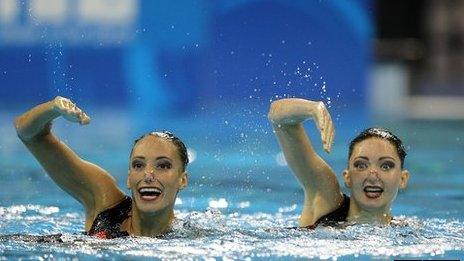Rio 2016: Extra drug tests for swimming stars ahead of Games
- Published
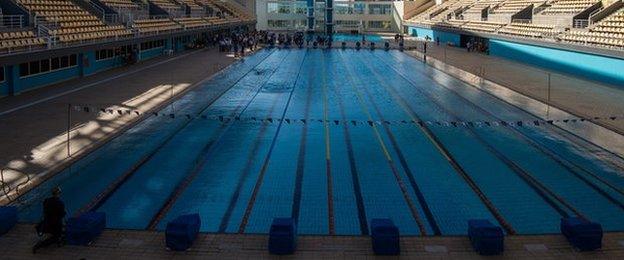
A view of the Maria Lenk Aquatic Center which is due to host some of the aquatic events at the Rio Olympics
The world's best swimmers will face up to seven anti-doping tests in the run up to August's Rio Olympics.
The International Swimming Federation (Fina) will oversee the initiative after critics said it had not done enough to fight doping.
The testing will mainly be done by leading national anti-doping agencies.
"Fina deserves a lot of credit for embracing the voice of clean athletes," said United States Anti-Doping Agency (Usada) boss Travis Tygart.
Figures within swimming suggested the idea for the sport's leading competitors to be tested between five and seven times ahead of the summer Games.
"Partnering with independent national anti-doing organisations to implement a strategic, global pre-Rio testing plan will help protect athletes' rights and the integrity of the sport of swimming," added Tygart.
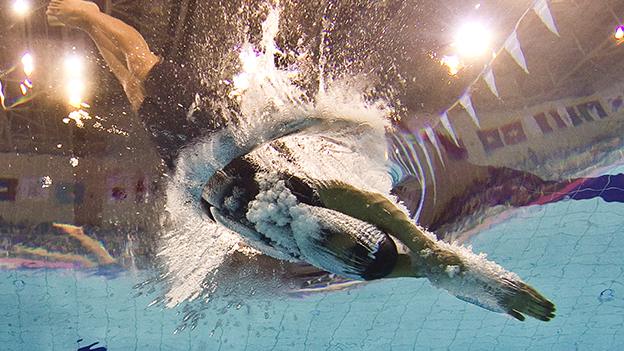
About 950 swimmers will be at the Rio Olympics, contesting 34 events
Teaming up with Usada will be anti-doping agencies from most of the major swimming nations, including UK Anti-Doping.
Fina accepted the plan, which has not been formally agreed yet by every party, after a meeting with Tygart in Lausanne in January.
The promise to test every swimmer ranked in the top 10 times for all 34 Olympic events will represent a significant increase in the amount of testing the sport has been doing, although several stars will be ranked in more than one event.
But some leading coaches have already expressed their concerns to the BBC that the anti-doping agencies of Brazil, China and Russia are not involved.
Those three are currently among the most-tested nations by Fina itself and are all expected to win medals in Rio.
Drug-testing in swimming - the numbers |
|---|
Fina carried out 1,094 out-of-competition tests on 654 athletes in 2015 |
It also carried out 815 in-competition tests on 569 athletes last year |
Fina spent £560,000 on anti-doping in 2015 - approximately one tenth of the figure that cycling's governing body, the ICU, spent |
They have also had swimmers test positive in recent years, particularly Russia, which hosted the Fina World Championships in Kazan last year. Five young Russian swimmers failed tests in late 2013, with three more cases since then.
Fina is the governing body for diving, open water swimming, swimming, synchronised swimming and water polo. Its rules say that if four athletes from the same country and same aquatics discipline are caught doping by any agency other than their national body within a year, that nation should be suspended.
With Russia's athletics federation currently suspended, external from international competition following a World Anti-Doping Agency-led investigation into corruption and doping in that sport, Fina executive director Cornel Marculescu has admitted that Russian swimming is also under a microscope.
In an interview with the sports business news service Sportcal last month, Marculescu said: "We're following Russian swimming very closely.
"They still have two or three (outstanding doping) cases, so we are continuing to put special attention on this federation."
Fina has not replied to requests asking for the precise number of Russian cases in the pipeline, which aquatics discipline they are from or which agency reported them.
But Marculescu did tell Sportcal that Fina had "nothing to hide" in regards to its anti-doping work and dismissed the idea that the federation could face similar problems to those experienced by the governing bodies of athletics or football.
- Attribution
- Published15 February 2016
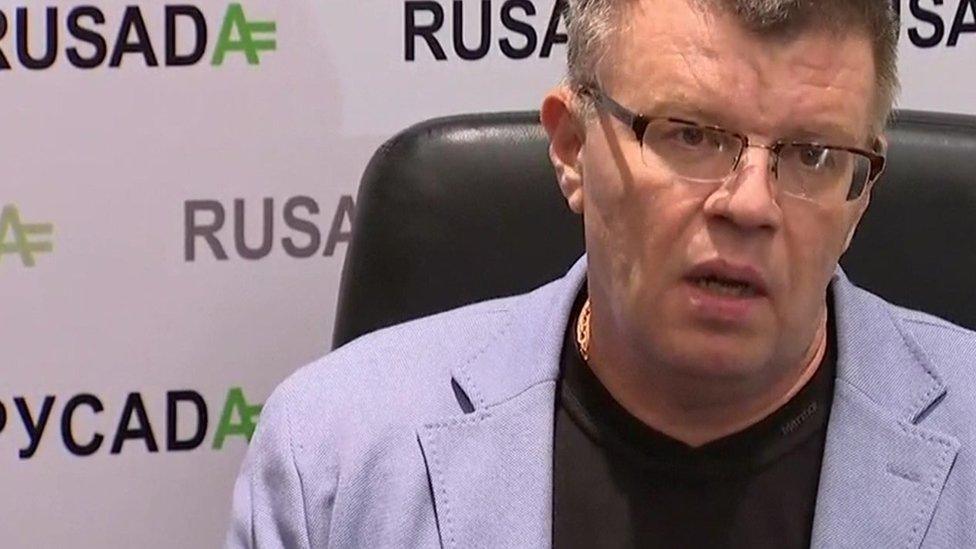
- Published9 February 2016
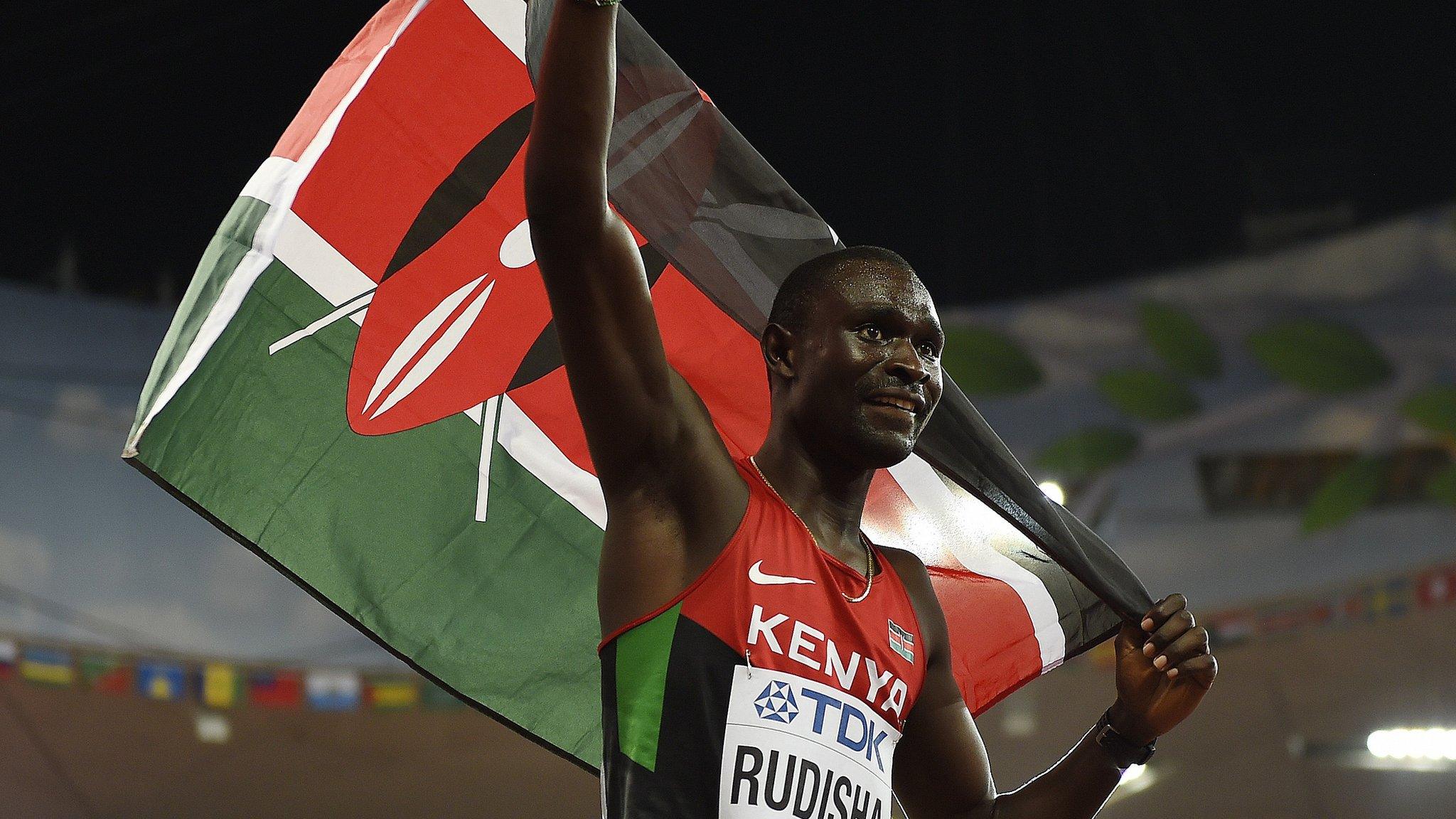
- Published11 February 2016
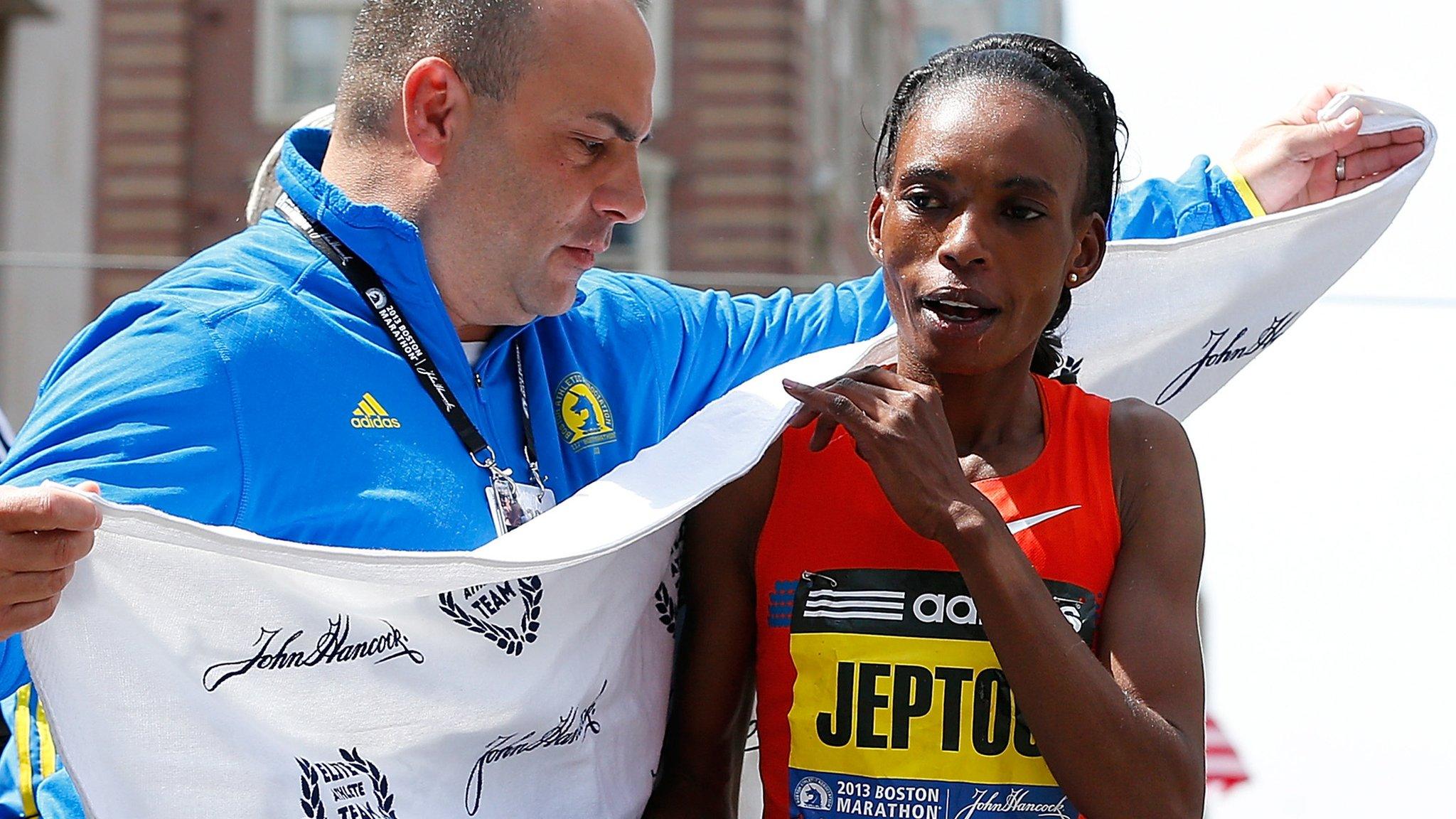
- Published27 March 2018
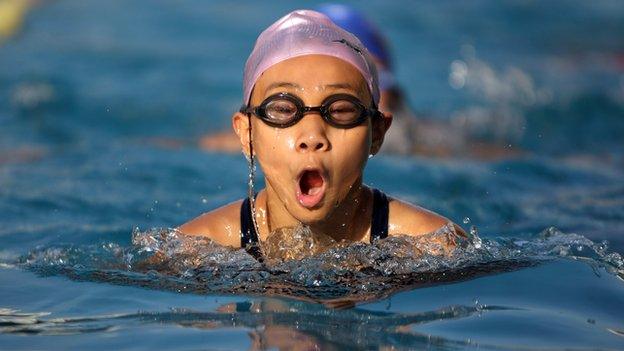
- Published19 July 2013
